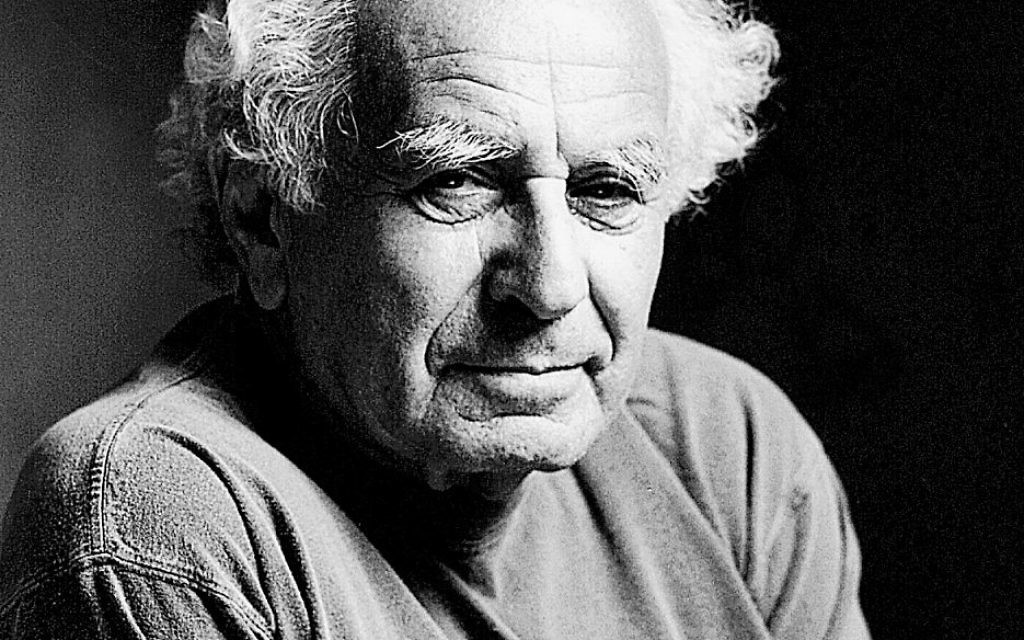Who Is to Live, Who Is to Die?
It's interesting that those who coined the term “right to life” are also those who would deny an existing human the right to medical care.
There is a battle going on in the U.S. Congress over whether this nation will follow a moral-humanist value or will become an instrument for those who seek to retain the primacy of economic interests.
This battle ise about the right to life — that is, the right of human beings to have access to medical care. It is interesting that those who coined the term “right to life” as a slogan to deny a woman the right to decide about issues related to her own fertility and body are also those who would deny an existing human the right to medical care.
As a Jew, I take pride in the values our ancestors elucidated in the Torah, declaring not only that it is society’s duty to provide access to medicine, but also that it is the sick person’s duty to avail himself of medicine.
Get The AJT Newsletter by email and never miss our top stories Free Sign Up
The well-being of individuals is intricately tied to the well-being of society: A sick person and even more so a dead person create a greater burden on society than the cost of curing the sick. A dead person leaves widows and orphans, a group the Bible defines as those most dependent on the collective for economic welfare and emotional well-being.
Yes, as Cain learned from G-d, we are indeed our brothers’ keepers.
All industrial societies have for many decades provided access to medical services to all their inhabitants, but we who call ourselves the richest country are the poorest when it comes to human welfare.
Perhaps the crass capitalism that still dominates has made us immune to social concerns. Look at this historical fact casting doubt that we are a caring society: The Society for the Prevention of Cruelty to Animals was established April 10, 1866, 38 long years before some people in the country developed a social consciousness and proposed that it was our moral duty to prevent cruelty to children, especially children in labor. We were more concerned about preventing cruelty to animals, especially workhorses, than protecting our children, even after the myriad pictures by Lewis Hine depicting the cruelty of child labor in the coal mines, the textile factories and the cotton fields.
A child labor committee was established in 1904, but its impact on legislation was minimal. It took 14 years before Congress passed a child labor law, but it and another effort in 1922 were ruled unconstitutional. Congress passed a proposed constitutional amendment in 1924, but the states did not ratify it. Finally, in 1938, Congress passed the Fair Labor Standards Act to protect children from abusive labor.
We are again fighting a battle for human rights. It is fight for the right to life — the right to have affordable access to medical care.
Supposedly, the United States is the most religious country among the economically and educationally developed nations. When I moved to Memphis in 1965, many of my neighbors proudly proclaimed that the city had more churches than gas stations.
Maybe so, but my studies in Memphis showed that its population had little care about poverty, quality of education and medical care. Many ministers informed me that they did not dare to speak about poverty. Their job, as defined by their parishioners, was to deal with salvation and not with what I see as real moral issues.
Other than Tikkun, a magazine of Jewish humanists, I do not see great concern by rabbis (or, for that matter, by priests and ministers) about the present administration’s desire to deprive more people of their access to medical care.
Let us consider which war is more important to our national welfare: the war against Islam (radical or not) or the war against those who would deprive people of their right to life.





comments